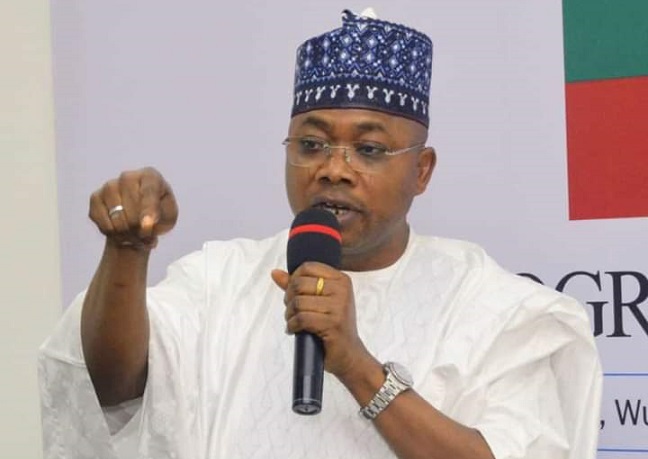The importation of compressed natural gas conversion kits into the country is exempt from both customs duties and value-added taxes.
This was expressed by the president’s special adviser on media and publicity, Ajuri Ngelale, in an interview that was broadcast on Channels Television on Friday night.
He claimed that this is being done to increase the country’s imports of CNG conversion kits while local CNG kit assembling facilities are being established.
After the removal of fuel subsidies, which had an impact on the public by raising the cost of food and transit, he claimed that the government now recognizes the need to drastically lower energy prices in the country.
Ngelale claimed that the President’s Chief of Staff, Femi Gbajabiamila’s Presidential CNG Initiative will see to it that mass transport systems directly benefit from the CNG solution in order to relieve pressure from low-income earners who utilize okadas and keke apps.
The CNG plan will be implemented in the states, but Ngelale claims that it will be done in a fashion that is led by private sector involvement and federal authority regulation.
With the agreement between Nipco Gas Limited and the Nigerian National Petroleum Company Limited on the establishment of CNG as an alternative fuel in Nigeria, according to Ngelale, the groundwork has already been prepared.
According to him, there will eventually be a network of public transport systems that run solely on CNG-fueled vehicles.
“This is a well-planned private sector cooperation with the Federal Government; it is neither a federal nor state giveaway. In order to create a counterpart funding mechanism for the private sector to enter with specific financial guarantees and also tax relief/incentives for those who will build up CNG-powered enterprises, we are thus trying to put together a minimum of N200 billion at the outset.”
35 cutting-edge CNG stations, including three Mother stations, will be built countrywide as part of the NNPC-NIPCO strategic collaboration. Once fully operational, the stations can service more than 200,000 vehicles every day, drastically lowering both the cost of transportation and the price of petrol for Nigerians.
The CNG project will be implemented in stages. By the first quarter of 2024, the first phase, which consists of 21 CNG stations, will be ready to facilitate intra-city transit.
By the end of 2024, the second phase, which consists of 35 CNG stations, will be ready to facilitate inter-city transformation. Additional 56 stations being deployed by NNPC Retail across the country will supplement this.










